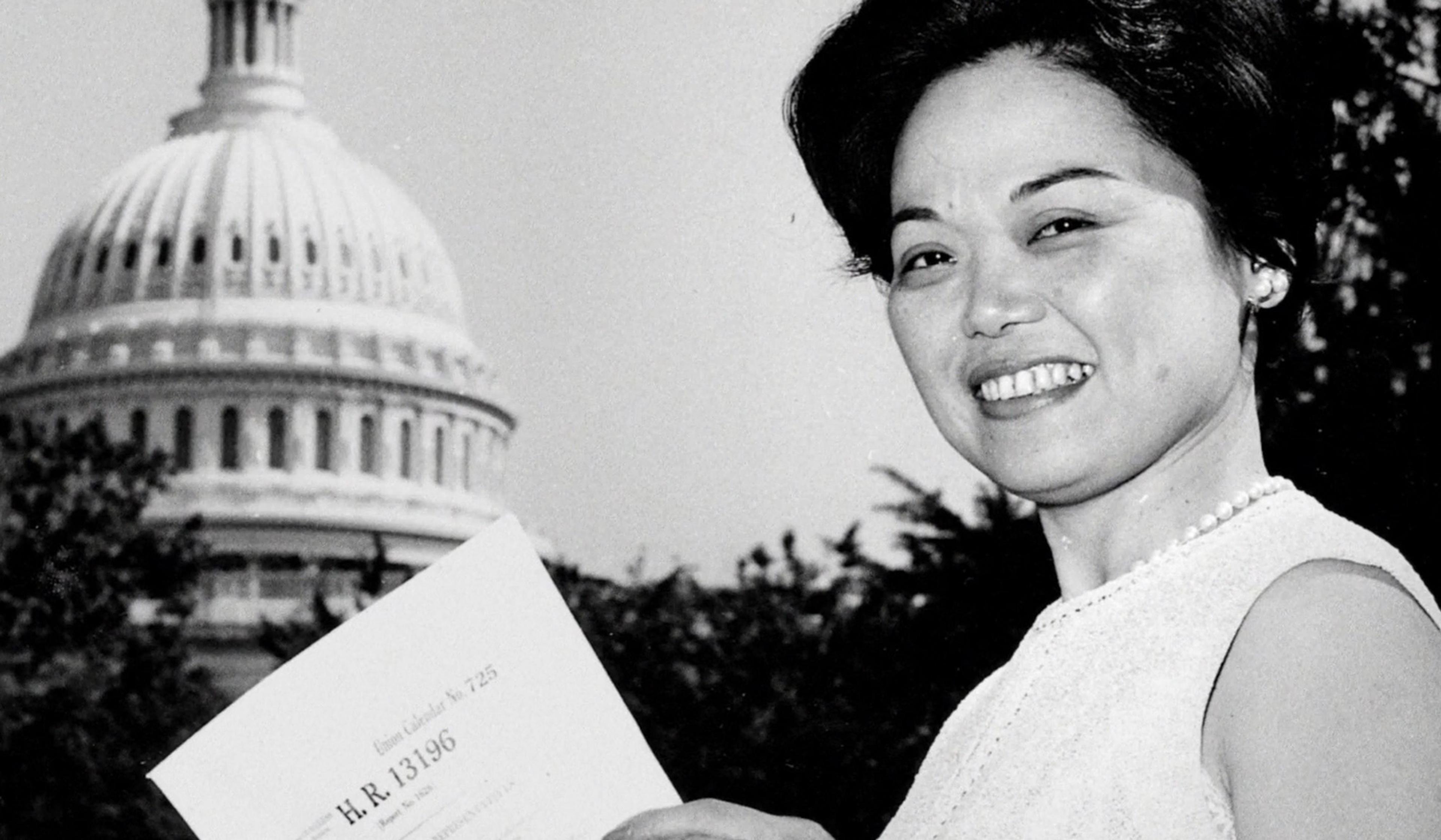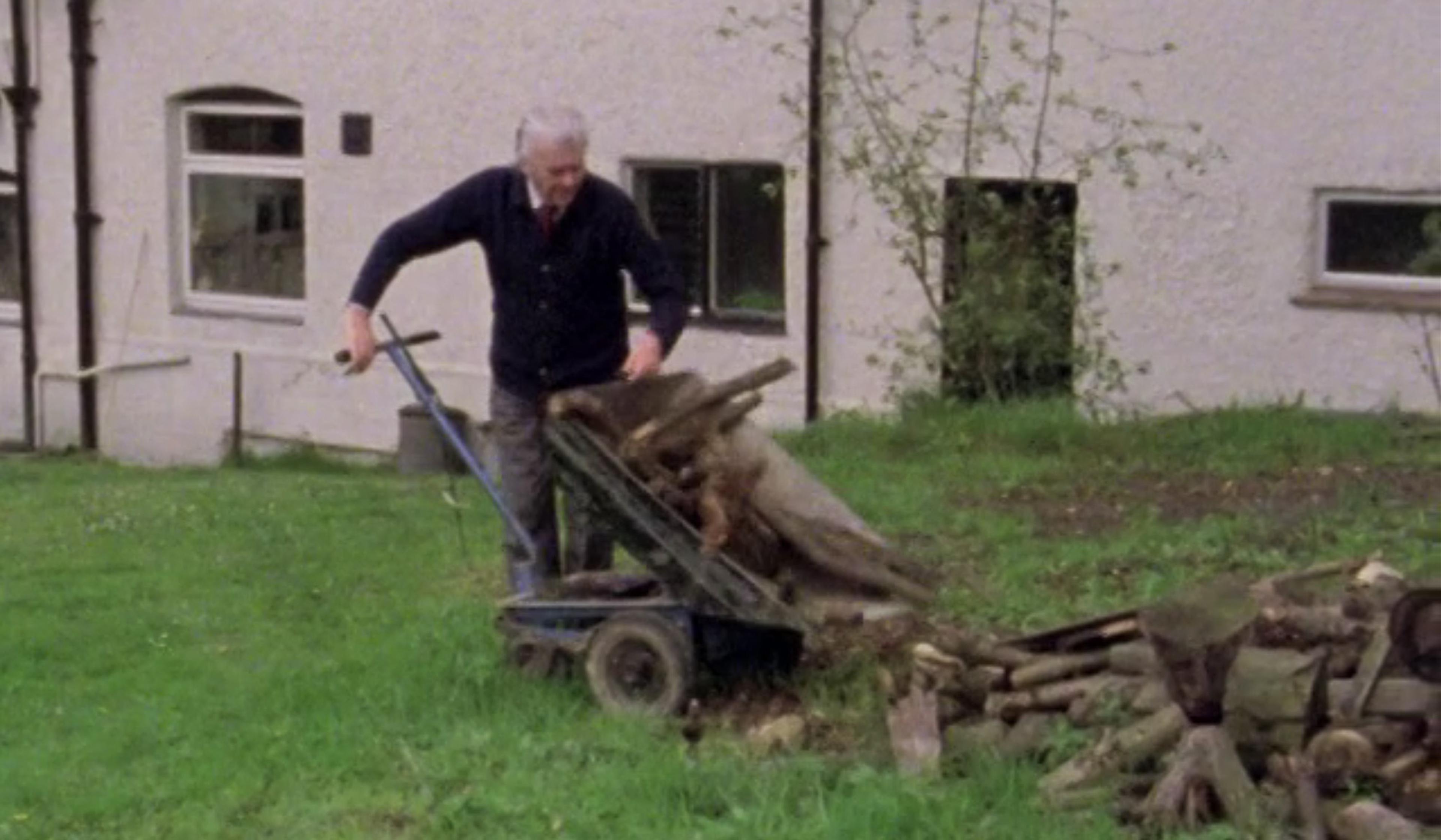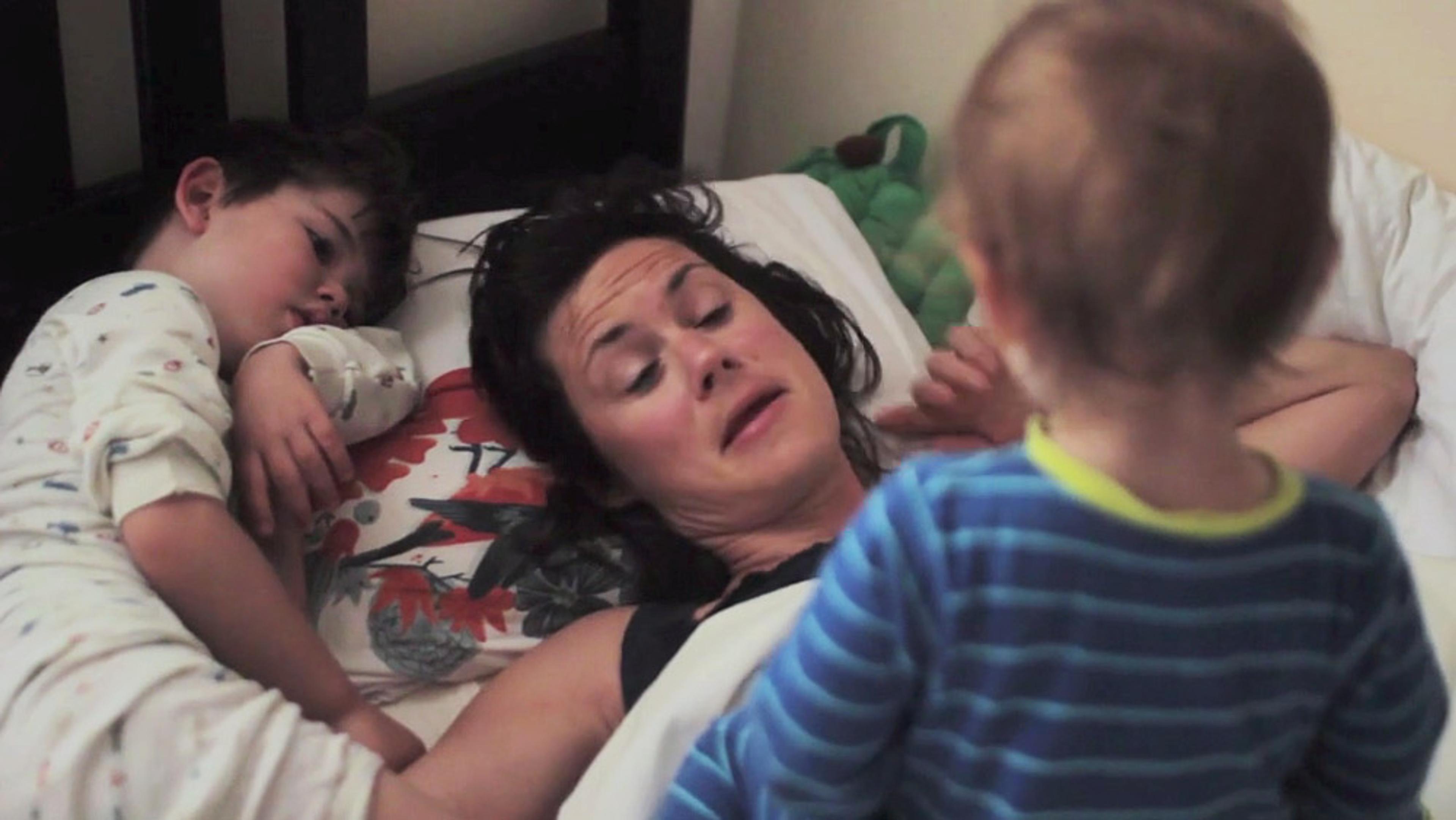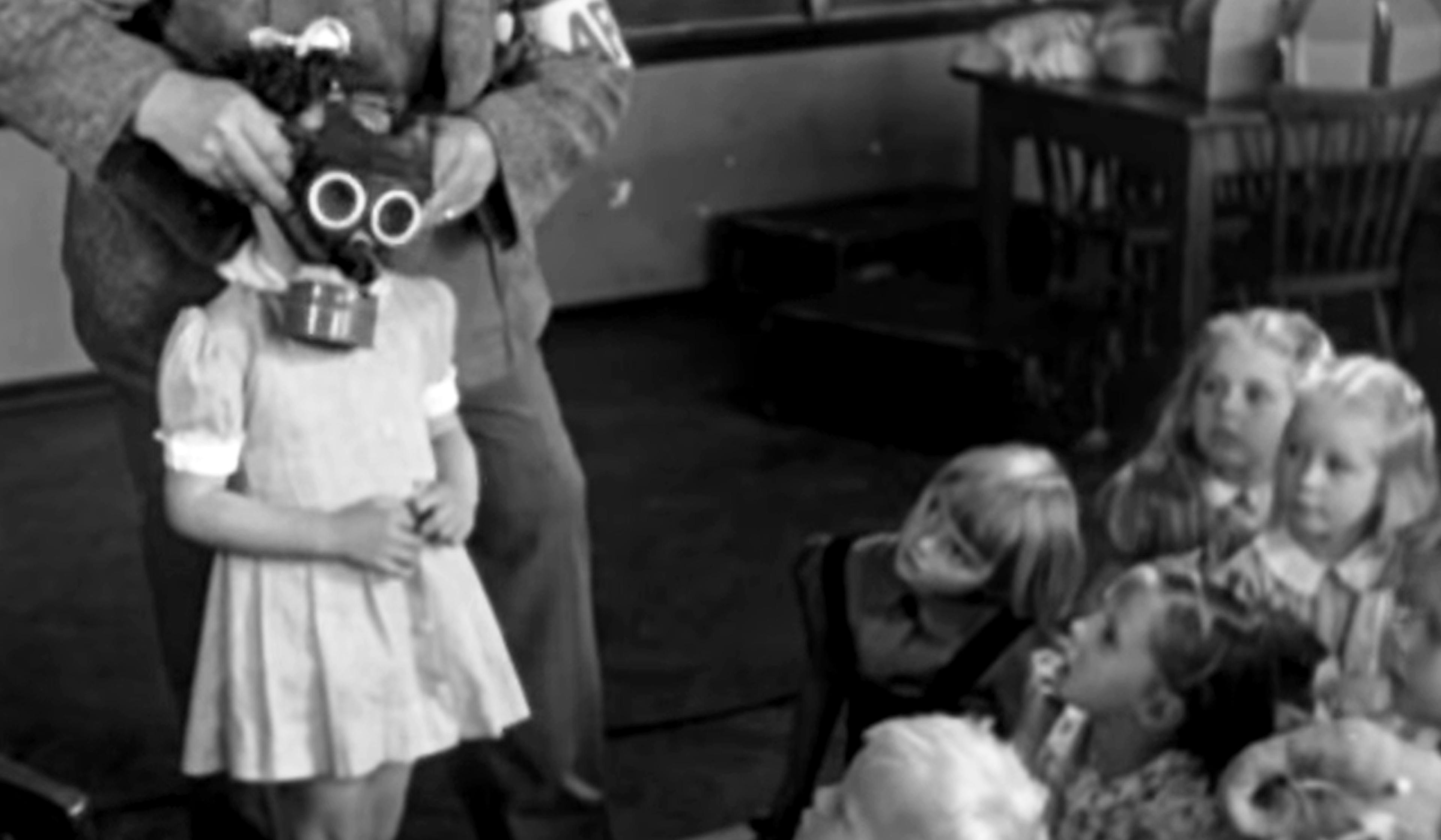In 1975, Marilyn Waring became New Zealand’s youngest ever member of parliament, at the age of 23. There, she eventually chaired the Public Expenditure Committee and learned the peculiar set of values that seemed to govern not only New Zealand’s economy, but the economic structure of the entire world. From New Zealand to New York City to rural parts of Africa, this economic system had resulted from standards laid down by the United Nations System of National Accounts, which stated that ‘subsistence production and the consumption of their own produce by non-primary of producers is of little or no importance’. What this technocratic language stated, in effect, was that anything without a price tag – including the environment, peace and unpaid domestic work – was considered to be of little value to a nation’s economy.
Directed by the Academy Award-winning Canadian filmmaker Terre Nash, this extended excerpt from the feature-length documentary Who’s Counting? Marilyn Waring on Sex, Lies and Global Economics (1995) follows Waring as she travels to the United Nations, where the rules of the global economy have been set, and discusses her time visiting more than 35 countries, during which she followed a local woman in each place through an average day. Through this framing, Waring argues that modern economic measurement marginalises the contributions of women to society, even as, by many measures, they work harder than men and contribute more to their communities. Further, she sets out a series of prescriptions for how, through electoral politics, policy, budgets and even language, society can begin to re-value the unpaid work disproportionately taken on by women.








